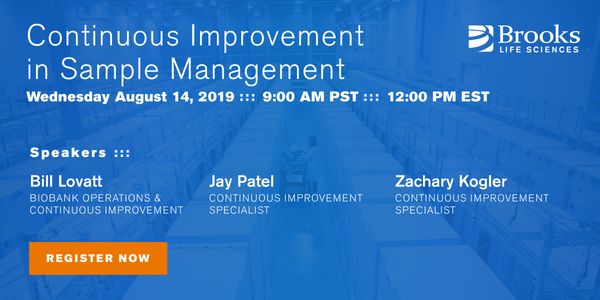Cancer Therapeutics
Cancer Therapeutics: Cancer is often treated by surgery, chemotherapy, radiation therapy, targeted therapy (including immunotherapy such as monoclonal antibody therapy), hormonal therapy, and synthetic lethality. The choice of therapy depends upon the stage of the disease, and the location and grade of the tumor, as well as the patient's general status. Many clinical trial cancer treatments are also under development.
-
SEP 27, 2019 | 9:00 AMDATE: September 27, 2019TIME: 9:00am PT, 12:00pm ET Thienopyrazole derivatives have recently emerged as effective antitumoral agents with kinase inhibitory activity. In this s...SEP 24, 2019 | 8:00 AMDATE: September 24, 2019TIME: 7:00am PDTHigh throughput screening (HTS) is an effective method for identifying putative active compounds for therapeutics. Assays that evaluate changes i...Speaker: Dr. Adyary Fallarero, Ph.D. Adjunct Professor/Docent in Pharmaceutical Biology , Dr. Leticia Montoya, Ph.D., Chemistry and BiochemistrySponsored By: Thermo Fisher ScientificAUG 29, 2019 | 9:00 AMDATE: August 29, 2019TIME: 9:00am PT/ 12:00pm ET Monoclonal antibodies (mAbs) are a cornerstone of modern biomedical research and biotherapeutics. Therefore, reproducibly obtai...AUG 15, 2019 | 9:00 AMDATE: August 15, 2019TIME: 9:00am PDT, 12:00pm EDT Radiation therapy is a critical tool for the treatment of brain tumors, however, exposure to high doses of ionizing radiation...AUG 14, 2019 | 9:00 AMDATE: August 14, 2019TIME: 9:00am PT. 12:00pm ET Implementation of Lean Methodology in Biobanking Operations to standardize sample management processes is effective. Each proce...JUL 31, 2019 | 9:00 AMDATE: July 31, 2019TIME: 9:00am PT, 12:00pm ET The choroid plexus, which makes up the blood-cerebrospinal fluid barrier in the central nervous system (CNS), lines the ventricle...JUL 30, 2019 | 6:00 AMDATE: July 30, 2019TIME: 6:00am PT, 9:00am ET The current version of the EMA Guideline for the environmental risk assessment of human drugs was published in 2006. This guidance...JUL 23, 2019 | 10:00 AMDATE: July 23, 2019TIME: 10:00am PDTThe tumor microenvironment is a complex network of different cell types and states that imparts distinct properties to the tumor and plays a signif...Speaker: Doug Hinerfeld, PhD , Chris Merritt, PhD , Anushka Dikshit, PhDSponsored By: Advanced Cell DiagnosticsJUN 26, 2019 | 9:00 AMDATE: June 26, 2019TIME: 9:00am PDT, 12:00pm EDT An excessive number of software solutions are available to help manage your clinical, biobank, or biorepository sample inform...Tumor heterogeneity is a hallmark of cancer and can have significant impact on identifying drivers, including those that may be therapeutically relevant. Although, the traditional sequencing...
The practice of precision medicine utilizes advanced diagnostic tools to identify specific groups of patients on the basis of particular molecular characteristics, and guide their treatment w...
Speaker:
David Hout, PhD
, Benjamin Chaffey, PhD
Implementing precision genomic medicine in the pediatric acute care setting has several challenges. First, the diagnosis must be made quickly. Second, the determination of pathogenicity mus...
This talk will review successful efforts at Washington University to employ novel reagents and informatics to the problem of rare allele detection. I will discuss a published bakeoff of in si...
Clopidogrel, an antiplatelet agent frequently used for secondary stroke prevention, is a prodrug that requires both sufficient intestinal absorption and hepatic modification to produce its ac...
The long term goal of our collaborative effort is to bring precision medicine to the practice of veterinary oncology, using the wealth of genomic data gathered in human cancers as a roadmap....
Speaker:
Duane Hassane, PhD
, Guannan Wang, PhD
In this presentation, Dr. Kothari will provide an overview of the Precision Medicine Initiative from NIH and how NGS technologies have helped the researchers to look deep inside the human tra...
Tumor mutational burden (TMB) is an emerging biomarker that correlates with response to immunotherapeutic agents, such as checkpoint inhibitors. Recent studies indicate that a high mutation l...
Speaker:
Beate Litzenburger, Ph.D.
, Raed Samara, PhD
























